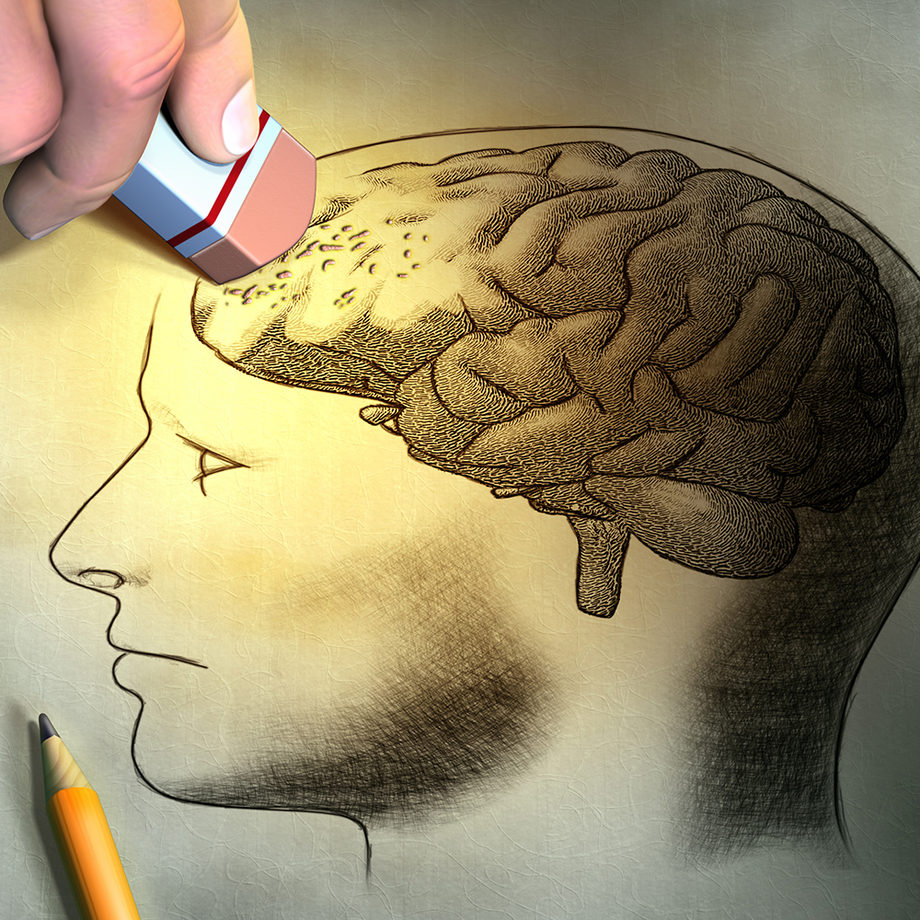
Reclaim your pleasure and joy!
Consent and clear empowered communication are the basis
Many of us have challenges or trauma around sexuality and are looking for healing and the capacity to fully enjoy our bodily pleasures. One important step in healing sexual trauma is to reclaim your power and agency around your body and to make clear decisions about what you like to feel, if and how you want to be touched and allow for your real "yes" and "no" to emerge and be expressed.
While this is crucial for people who have experienced trauma, it is also the foundation for any intimate interaction. And most of us have not learned to be fully embodied and choose from our true desire but we are driven by our fear of losing connection and our conditioning around who we need to be accepted and loved.
Regardless of the level of trauma, the basis for an empowered decision lies with being truly connected to the body and listen to what it communicates to us. Perceiving our boundaries beyond what we may think we want is the key to being able to also communicate clearly with another person. Instead of relying on the hope that the other person magically knows what we want and need, an empowered decision opens up the body to relax into the trust. Trust towards yourself and the other, which enables a whole new dimension of pleasure and joy in intimate relating.
The importance of reclaiming power in healing trauma and past conditioning

The experience of powerlessness and the loss of agency over their own body plays a major role in the suffering that follows sexual abuse and trauma. Many therapeutic approaches recognize that reclaiming power is very important and offer specific interventions designed to empower. By definition, sexual abuse is an interaction that is not based on consent. And consent is a complex, layered concept that can refer to "inner" consent", spoken consent and assumed consent. We may show our consent non-verbally or we may speak our "yes" AND "no". Some of us may assume a "yes" as long as there is not a "no" and often a previous "yes" serves as orientation in later interactions.
Overall there is a huge lack in clarity in most of our sexual interactions around feeling and expressing what we enjoy, like and consent to and what may not be comfortable or unwanted.
Overall there is a huge lack in clarity in most of our sexual interactions around feeling and expressing what we enjoy, like and consent to and what may not be comfortable or unwanted.
Learning to feel ourselves in the moment, feeling our truth step by step and communicating that with our partner in a continuous fashion that allows for a reaction is key to reclaiming power.
By stating what we want and what we don't want and seeing our partner fulfilling our desire and respecting our boundaries, restores a vital sense of agency and trust can be built within yourselves and the other person.
Tools and practices for immersing into pleasure
Therefore, practising the giving and receiving of touch with feedback can be a powerful tool on the healing journey, as well as for anyone desiring to fully enjoy their sexual and intimate relationships. Systems like the "Wheel of Consent" by Betty Martin are beautifully tapping into this. It becomes clear that consent and agency stretch far beyond just sexual interactions and learning where your boundaries are and communicating them can be safely approached through contactless interactions or innocent touch on parts of the body like the hands that are often touched in non-sexual ways.
Trauma and the brain

Each type of visual aid has pros and cons that must be evaluated to ensure it will be beneficial to the overall presentation. Before incorporating visual aids into speeches, the speaker should understand that if used incorrectly, the visual will not be an aid, but a distraction.
Planning ahead is important when using visual aids. It is necessary to choose a visual aid that is appropriate for the material and audience. The purpose of the visual aid is to enhance the presentation. Each type of visual aid has pros and cons that must be evaluated to ensure it will be beneficial to the overall presentation. Before incorporating visual aids into speeches, the speaker should understand that if used incorrectly, the visual will not be an aid, but a distraction.
Planning ahead is important when using visual aids. It is necessary to choose a visual aid that is appropriate for the material and audience. The purpose of the visual aid is to enhance the presentation. Each type of visual aid has pros and cons that must be evaluated to ensure it will be beneficial to the overall presentation. Before incorporating visual aids into speeches, the speaker should understand that if used incorrectly, the visual will not be an aid, but a distraction.
Joyful and pleasurable intimacy for everyone
Similarly as described above around traumatic experiences, we all have learned to behave a certain way that assures our survival in the tribe and creates patterns and strategies that have served us well but might not be the best basis for enjoying pleasure. Immersing into the body more and more and learning to listen and identify our boundaries and our desires creates safety within. Communicating our truth and experiencing intimacy that arises from it is a healing foundation for everyone and can be the fertile ground for a whole new dimension of pleasure and ecstasy.
References:
Franckowiak, Melissa. (2017). Intimacy after Sexual Trauma: Clinical Perspectives. Retrieved from Sophia, the St. Catherine University repository website: https://sophia.stkate.edu/…734
Kristen N. Jozkowski (2013). The Influence of Consent on College Students' Perceptions of the Quality of Sexual Intercourse at Last Event, International Journal of Sexual Health, 25:4, 260-272,
Chivers-Wilson, (2006); Sexual assault and posttraumatic stress disorder: A review of the biological, psychological and sociological factors and treatments. MJM; 9(2):111-118
Beres et al., (2004). Sexual Consent Behaviors in Same-Sex Relationships. Archives of Sexual Behavior, Vol. 33, No. 5, October 2004, pp. 475–486
Franckowiak, Melissa. (2017). Intimacy after Sexual Trauma: Clinical Perspectives. Retrieved from Sophia, the St. Catherine University repository website: https://sophia.stkate.edu/…734
Kristen N. Jozkowski (2013). The Influence of Consent on College Students' Perceptions of the Quality of Sexual Intercourse at Last Event, International Journal of Sexual Health, 25:4, 260-272,
Chivers-Wilson, (2006); Sexual assault and posttraumatic stress disorder: A review of the biological, psychological and sociological factors and treatments. MJM; 9(2):111-118
Beres et al., (2004). Sexual Consent Behaviors in Same-Sex Relationships. Archives of Sexual Behavior, Vol. 33, No. 5, October 2004, pp. 475–486